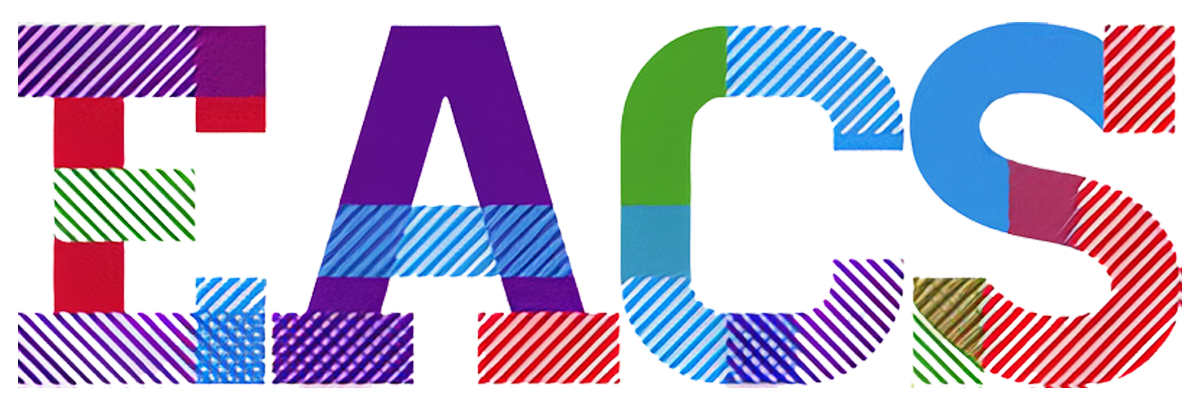Language and/or Speech Impairment
A language or speech impairment (previously referred to as a communication disorder) is characterized by one (1) of the following impairments that adversely affects the student’s educational performance:
Language impairments in the comprehension or expression of spoken or written language resulting from organic or non-organic causes that are non-maturational in nature. Language impairments affect the student’s primary language systems, in one or more of the following components:
Word retrieval
Phonology
Morphology
Syntax
Semantics
Pragmatics
Speech impairments that may include fluency, articulation, and voice disorders in the student’s speaking behavior in more than one speaking task that are non-maturational in nature, including impairments that are the result of a deficiency of structure and function of the oral peripheral mechanism.
A student is not eligible for special education and related services as a student with a language or speech impairment solely because the student’s native language is not English. A bilingual student may have a language or speech impairment if the impairment is exhibited in both languages.
Students who are deaf or hard of hearing or have a specific learning disability and have language deficits or auditory processing difficulties are not eligible for language impairment services in lieu of services for deaf or hard of hearing or specific learning disabilities.
Identification and eligibility for special education is determined by a case conference committee using the required assessment components included in the multidisciplinary evaluation (M-Team). A speech language pathologist must be a member of the evaluation team. See “Required Assessment Components for Eligibility ”
